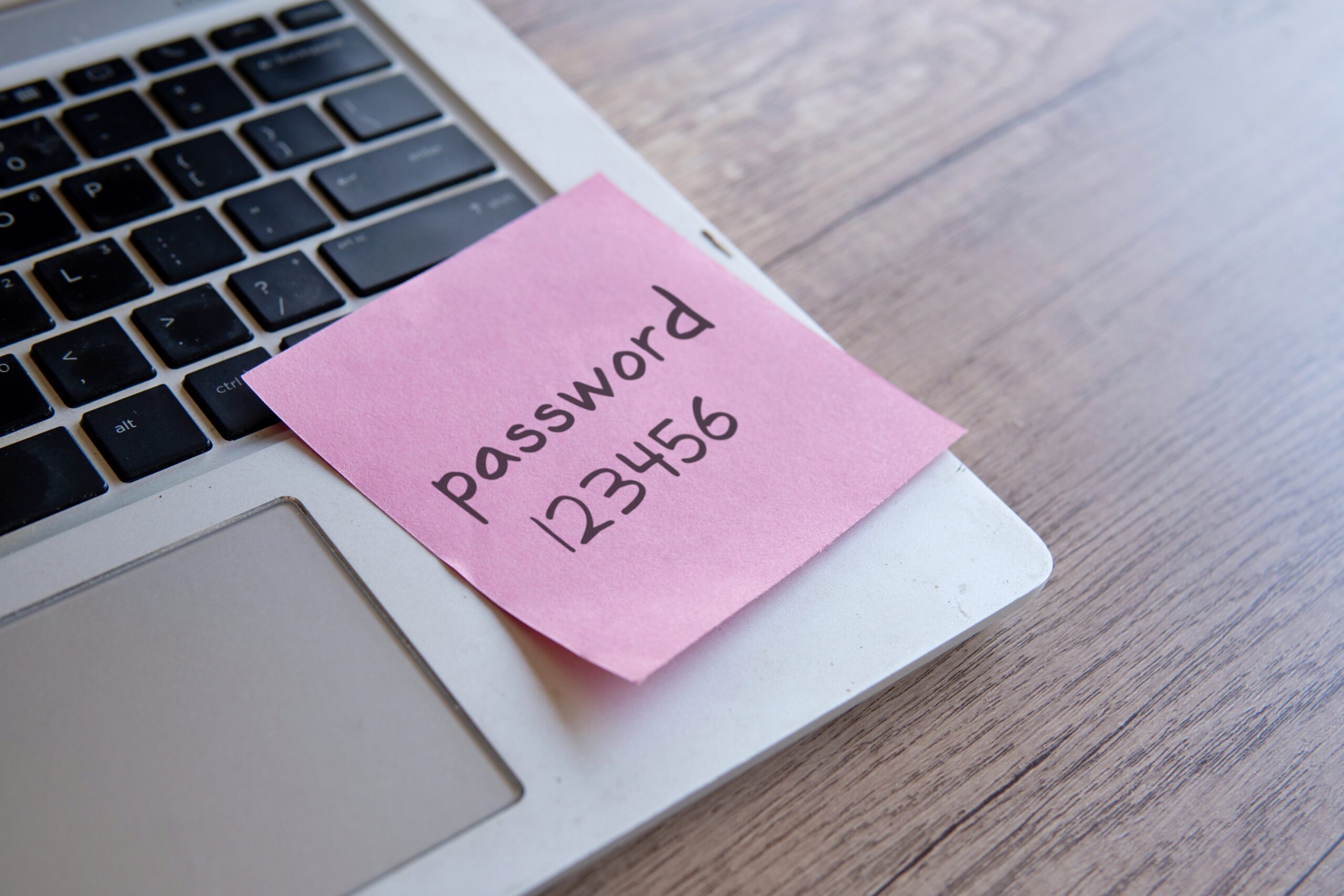As we usher in a new year, startups have an opportunity to reevaluate their approach to cybersecurity. With cyberattacks becoming increasingly sophisticated, even small businesses can fall prey to malicious actors. A strong cybersecurity foundation protects your data, reputation, and customer trust. Here are essential resolutions to fortify your defenses in 2025.
1. Strengthen Password Policies
Passwords are often the first line of defense against cyber intrusions. Many startups neglect the importance of strong password practices, leaving themselves vulnerable to attacks. It’s essential to implement a policy mandating complex passwords that include a mix of letters, numbers, and symbols. Moreover, incorporating multi-factor authentication (MFA) for all critical systems adds a crucial layer of security. This simple measure ensures that even if a password is compromised, attackers face an additional hurdle to gain access to sensitive information.
2. Regular Software Updates
Outdated software is a prime target for hackers looking to exploit known vulnerabilities. Yet, many startups delay updates due to time constraints or compatibility concerns. These delays, however, can be costly. Regularly updating your operating systems, applications, and antivirus tools is vital. Automated updates, where feasible, can ease the process and minimize risks. Staying current with patches ensures your systems are equipped to handle the latest threats and reduces the attack surface.
3. Employee Cybersecurity Training
A well-informed team is a powerful defense against cyberattacks. Many breaches occur due to human error—whether it’s clicking a malicious link or failing to recognize a phishing attempt. Investing in regular cybersecurity training for employees can dramatically reduce these risks. Such training should cover recognizing suspicious emails, avoiding unsafe downloads, and understanding the importance of protecting personal devices used for work. By fostering a culture of awareness, startups can turn their employees into active participants in securing the organization.
4. Network Security Enhancements
Network security is non-negotiable in today’s connected world, where cybercriminals exploit even the smallest vulnerabilities. Startups should deploy firewalls and intrusion detection systems to shield internal networks from potential threats. Encryption is also critical, especially for sensitive communications. For remote teams, implementing a secure virtual private network (VPN) ensures safe access to company resources. These measures not only protect data but also give clients and partners confidence in your security practices.
5. Frequent Data Backups
Data loss can cripple a startup, especially when valuable customer or business information is at stake. Establishing a robust backup strategy ensures critical data can be recovered quickly in case of an attack or system failure. The 3-2-1 backup rule—keeping three copies of data, stored on two different media, with one off-site—offers a practical approach. This redundancy provides peace of mind, knowing your business can continue operations even in the face of disaster.
6. Avoid Scanning Random QR Codes
QR codes are ubiquitous, offering convenience for sharing links, contact details, or payment options. However, they can also be exploited by cybercriminals to distribute malware or redirect users to fraudulent websites. Employees must be trained to verify the source of a QR code before scanning it, especially if received from an unsolicited source. Startups should emphasize caution when using QR codes in business interactions to prevent potential vulnerabilities.
7. Limit Public Wi-Fi Use
Public Wi-Fi networks, though convenient, are breeding grounds for cyberattacks. Attackers can easily intercept unencrypted data shared over these networks, putting sensitive business information at risk. Encourage employees to avoid using public Wi-Fi for work-related tasks. Instead, they should rely on secure mobile hotspots or VPNs to maintain a safe connection. This simple habit can prevent major security breaches, particularly for remote teams.
8. Protect Your Digital Footprint
Your startup’s online presence, including websites and social media profiles, represents both an opportunity and a risk. A poorly managed digital footprint can expose sensitive information to malicious actors. Regularly audit your public-facing platforms for potential vulnerabilities, such as outdated plugins, unsecured forms, or exposed credentials. Tools that monitor for unusual activity or breaches can provide timely alerts, allowing you to address issues before they escalate.
9. Invest in Cyber Insurance
No security measure is foolproof, which is why cyber insurance is becoming an essential safety net for businesses. For startups, a breach can lead to significant financial losses, from data recovery expenses to legal fees. Cyber insurance policies help cover these costs and provide support during incident response. While not a substitute for robust security practices, insurance can provide critical relief in a crisis.
By adopting these resolutions, startups can not only protect their digital assets but also foster trust with customers and stakeholders. Cybersecurity is not just an IT issue; it’s a business imperative. Start the year strong by committing to these practices and ensuring your startup is equipped to face the challenges of an increasingly interconnected world.







